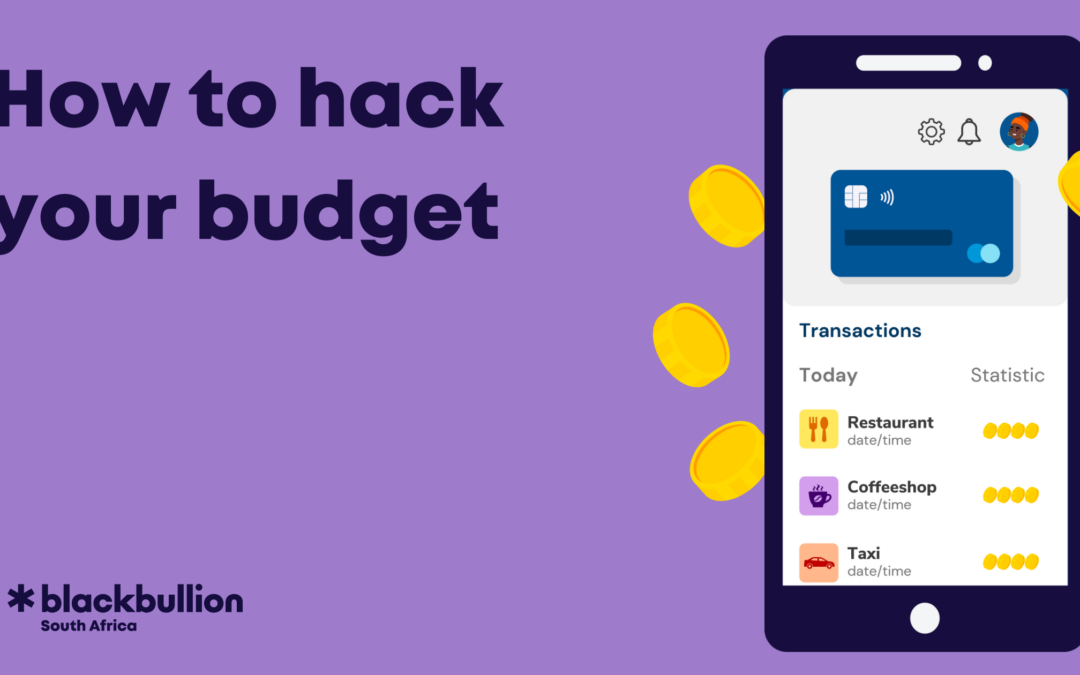“Budgeting is telling your money where to go instead of wondering where it went.”
– Dave Ramsey
Budgeting can be a daunting task, but it doesn’t have to be. With a few simple budget hacks, you can take control of your finances, better manage your expenses, and start saving.
First, let’s start by decoding what a budget is. Simply put, a budget is a plan for how you will spend your money. It looks at your income and expenses, and it helps you to prioritize and track your spending. A budget can also help you to better spread your money over the month, set financial goals, and identify places where you can start cutting back.
Despite the benefits of budgeting, many people struggle to create and follow a budget. However, there are a few steps you can take to hack your budget and get more out of your money.
1. Track your money
To get started, track your income and expenses for a month or two. This may be scary, but it’s important to see where your money is actually going. You can do this by downloading your bank statement and highlighting all your income and expenses. Once you have a clear picture of your spending habits, you can start to identify areas where you can cut back.
2. Set financial goals.
Decide on what you want to achieve with your money. Do you want to save for a holiday with your mates in December? Pay off some student loan debt? Start building an emergency fund? Once you know what you want to achieve, you can start to create a budget that will help you reach your goals. Having specific goals will help you stay motivated and on track. Read our “Mapping our Financial Goals” article for more.
3. Create a budget
There are many different ways to create a budget, such as using a budget tool, mobile app or going old school and using excel. Find a method that works for you.
4. Be realistic.
When creating your budget, be realistic about your income, expenses and financial goals. Don’t try to cut back too much too soon, or you may not be able to stick to your budget.
5. Be flexible.
Things change, so be prepared to adjust your budget as needed.
6. Cut back on unnecessary expenses.
Once you have a budget in place, you can start to cut back on unnecessary expenses. This will be a challenge. Consider eating out less, canceling unused subscriptions, or finding cheaper alternatives to your current expenses.
7. Automate your savings.
nce you get into your budgeting groove and find a few rands to save, automate! This means setting up a direct deposit from your income to a separate savings account. This way, you won’t even see the money and be tempted to spend it during your next jol.
8. Multiple streams of income.
If you’ve cut back on all possible expenses but you’re still struggling to save money, it may be time to consider finding ways to make extra money. This could mean getting a part-time job, starting a side hustle, monetizing your social media platforms, or asking for a raise at work.
9. Stick to the budget.
The hardest part of budgeting is sticking to it. There will be times when you overspend and blow your budget, but don’t let this discourage you. Just get back on track as soon as possible.
10. Don’t give up.
Budgeting takes time and effort, but it’s worth it in the long run. Don’t give up if you don’t see results immediately. Just keep at it and you will eventually reach your financial goals.
Hacking your budget takes time and effort, but it’s worth it in the end. By following these tips, you can take control of your finances and reach your financial goals by becoming a budget pro!
